Workers’ Compensation Law
Most employers in the State of Minnesota are required to carry insurance that provides benefits to employees that are injured at work. Those benefits include wage replacement, medical, rehabilitation, and permanency.
Wage Replacement
Injured workers are generally entitled to compensation for time off of work that results from a work-related injury. This includes total disablement (where the injured worker is unable to work at all) and partial disablement (where the injured worker is able to work, but not to the extent of his or her normal earnings).
Rehabilitation
The most common form of rehabilitation is the assistance of a vocational professional with coordinating between medical providers and the employer to arrange a return to work. Injured workers that cannot return to their job may also obtain help with job search, or retraining for a new occupation. These benefits require additional eligibility criteria.
Death & Dependency
Workers' compensation death benefits include $15,000 in funeral and burial expenses, weekly wage payments to the surviving spouse and dependents, or a $60,000 payment to the deceased worker's estate where the worker leaves no dependents.
Medical Benefits
Injured workers are generally entitled to payment for medical treatment that is reasonable and necessary to treat a work-related injury.
Permanency
Workers that have sustained permanent injuries are often assigned a permanent partial disability rating by their health care provider. This rating corresponds to a monetary benefit to be paid by the insurance carrier.
Attorney Fees
Minnesota workers’ compensation law provides for fee shifting and partial reimbursement of attorney fees in some instances.
